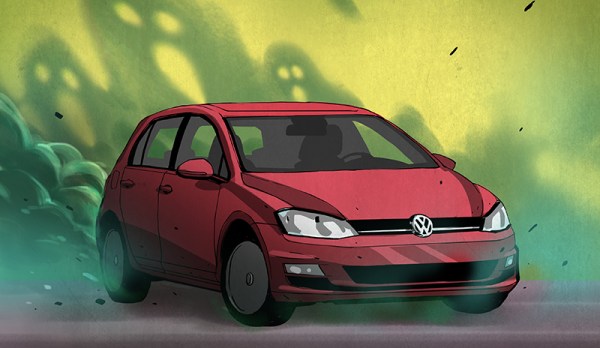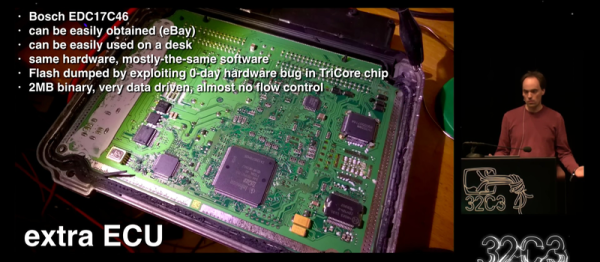In an interesting turn of events last week in a German court, evidence has materialized that engineers were ordered to cheat emissions testing when developing automotive parts.
Last Tuesday, Ulrich Weiß brought forward a document that alleges Audi Board of Director members were involved in ordering a cheat for diesel emissions. Weiß was the head of engine development for Audi, suspended in November of 2015 but continued to draw more than half a million dollars in salary before being fired after prior to last week’s court testimony.
Volkswagen Group is the parent company of Audi and this all seems to have happened while the VW diesel emissions testing scandal we’ve covered since 2015 was beginning to come to light. Weiß testified that he was asked to design a method of getting around strict emissions standards in Hong Kong even though Audi knew their diesel engines weren’t capable of doing so legitimately.
According to Weiß, he asked for a signed order. When he received that order he instructed his team to resist following it. We have not seen a copy of the letter, but the German tabloid newspaper Bild reports that the letter claims approval by four Audi board members and was signed by the head of powertrain development at the company.
Hackaday was unable to locate any other sources reporting on the letter other than the Bild article we have linked to (also the source used in the Forbes article above). Sources such as Die Welt reference only “internal papers”. If you know of other reporting on the topic please leave a comment about it below.












